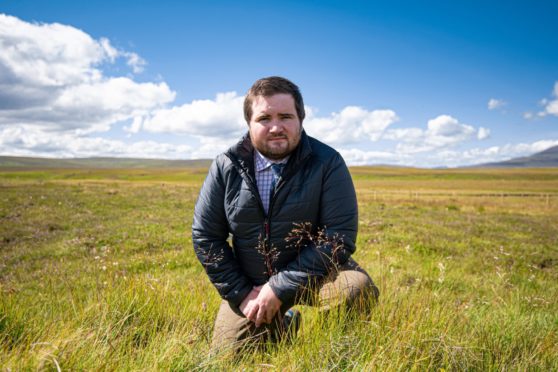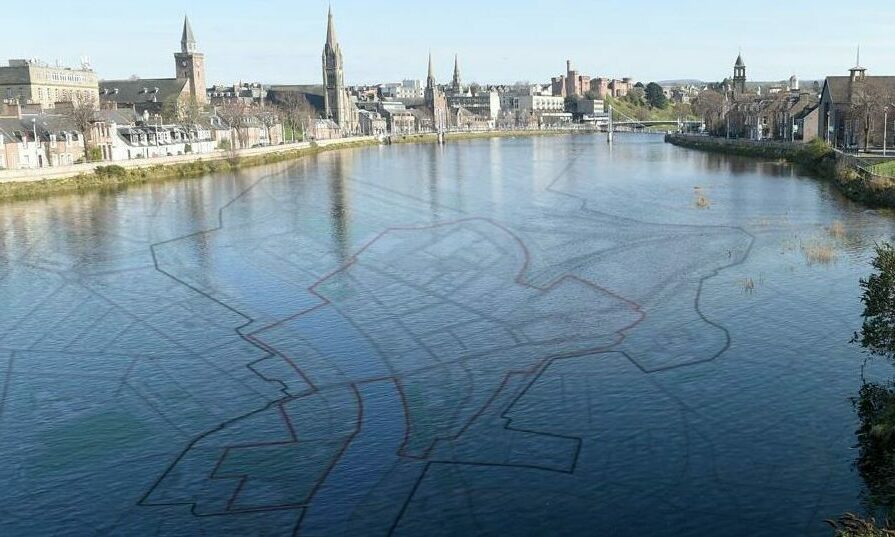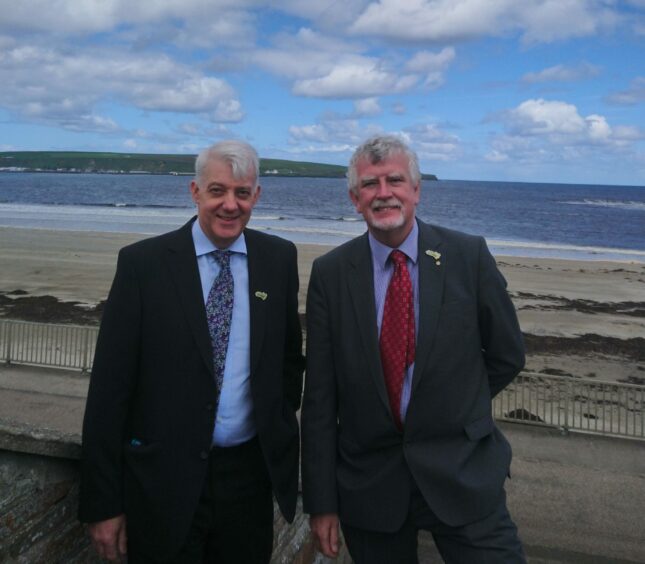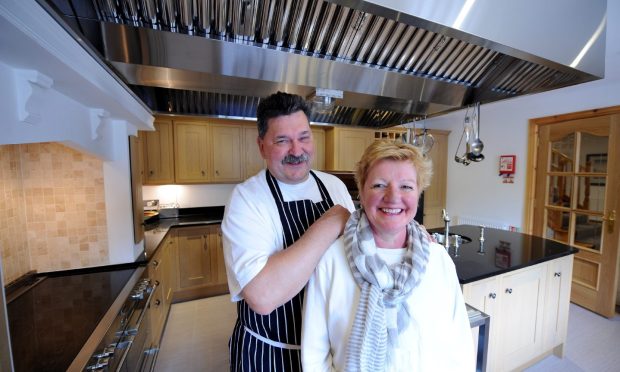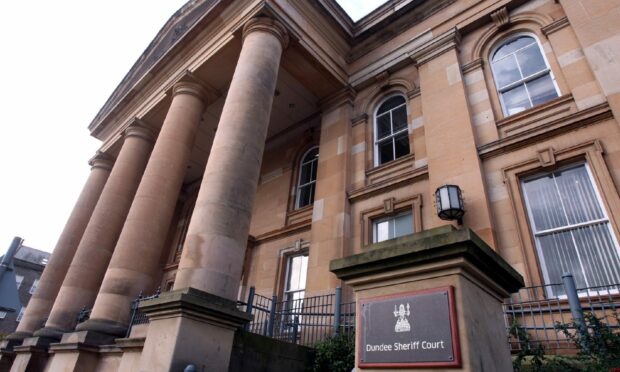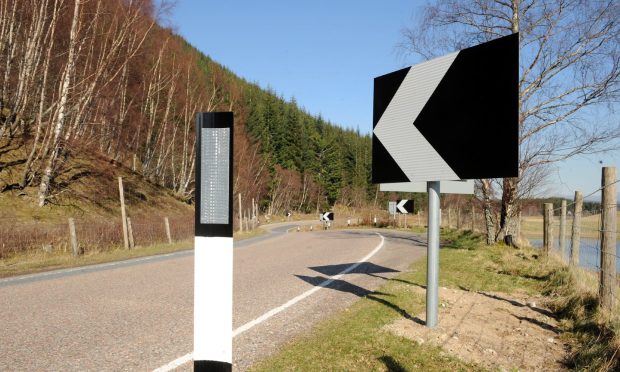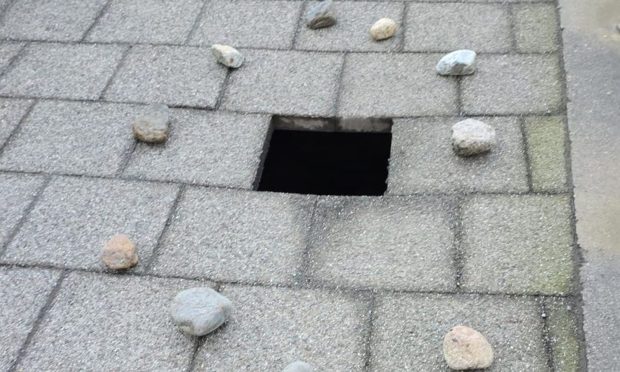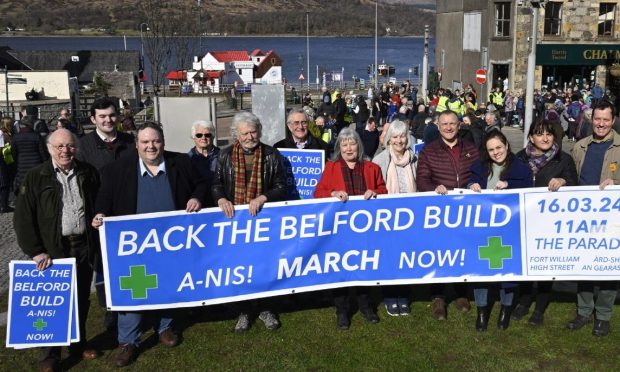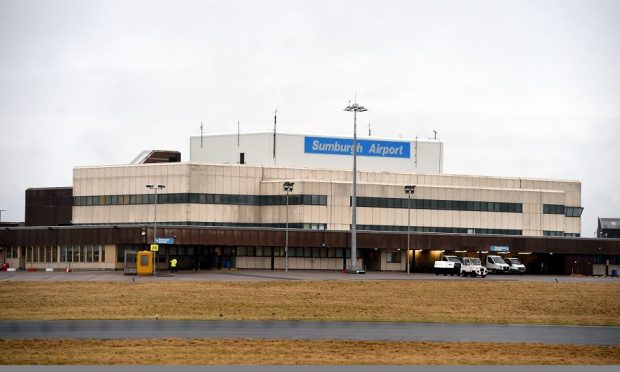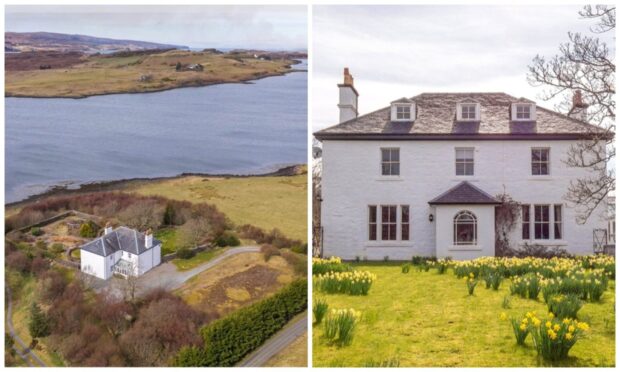Call it ‘localism’. Call it ‘place making’. Whatever badge the council gives it, it’s an issue that refuses to go away.
The central question: can a local authority the size of Belgium adequately serve all of its communities?
Some councillors say no, and they have lodged a motion to that effect for tomorrow’s meeting of the full Highland Council.
The motion brands regionalism a “failed experiment” and calls on ministers to “return local authorities to their most localised form possible.”
What does that mean?
Back in the ’70s, Scotland was governed by small county councils. Their geographical remit grew over time to become district councils. In 1995, despite bitter opposition, Highland Council subsumed these smaller local governments.
The argument in favour: efficiency and combined resources.
The argument against: local identity and representation.
Since then, successive councillors have called for change. Some press for a return to county councils, or district councils.
More recently, the focus has narrowed squarely on Inverness.
Inverness is the fastest growing city in Scotland and the self-proclaimed ‘capital of the Highlands’. Its rapid population growth and urban development has fuelled calls for it to have its own council, like its southern neighbours.
Some argue that Inverness is the engine of the Highlands, pumping wealth out to the hinterlands.
Others, like councillor Struan Mackie, say rural communities are “left to fight for the scraps.”
Mr Mackie tabled tomorrow’s motion, with councillors Jim McGillivray and Andrew Baxter seconding.
It asks the minister for local government to order a holistic review of the local authority area.
‘Neither equitable nor sustainable’
The motion states: “The regionalisation of councils has been a failed experiment and a singular unitary authority for the Highland region does not, and has not, served the people of the Highlands effectively and fairly.”
It continues: “Whilst some thirteen local government areas maintained their councils, such as Clackmannan and Moray who both have smaller populations than our own, the current arrangement for the Highlands is neither equitable nor sustainable.”
Announcing the motion on social media, Mr Mackie took aim at what he sees as an Inverness bias.
Mr Mackie highlighted the large infrastructure investments in Inverness though the city region deal, which he claims ‘shortchanged’ rural Highland.
By contrast, Mr Mackie says the council contributes only £35,000 annually to the Caithness and North Sutherland Regeneration Partnership, an umbrella group set up to stem population decline ahead of the Dounreay decommissioning.
Local Governance Review
Tomorrow’s debate will doubtless be a fiery one, with the local government elections looming next May.
The council’s independent-led administration will look to strongly rebut the familiar backlash against the city region deal.
Senior councillors will also say that they have delegated more powers and finance to area committees, such as the coastal communities fund.
The SNP opposition is likely to highlight the Scottish Government’s Local Governance Review, which looks at councils in the round and introduces an international comparison.
That review was derailed by the pandemic and is beginning to swing back into action.
Whatever tomorrow’s vote yields, one thing is almost certain: the debate will rage on.
